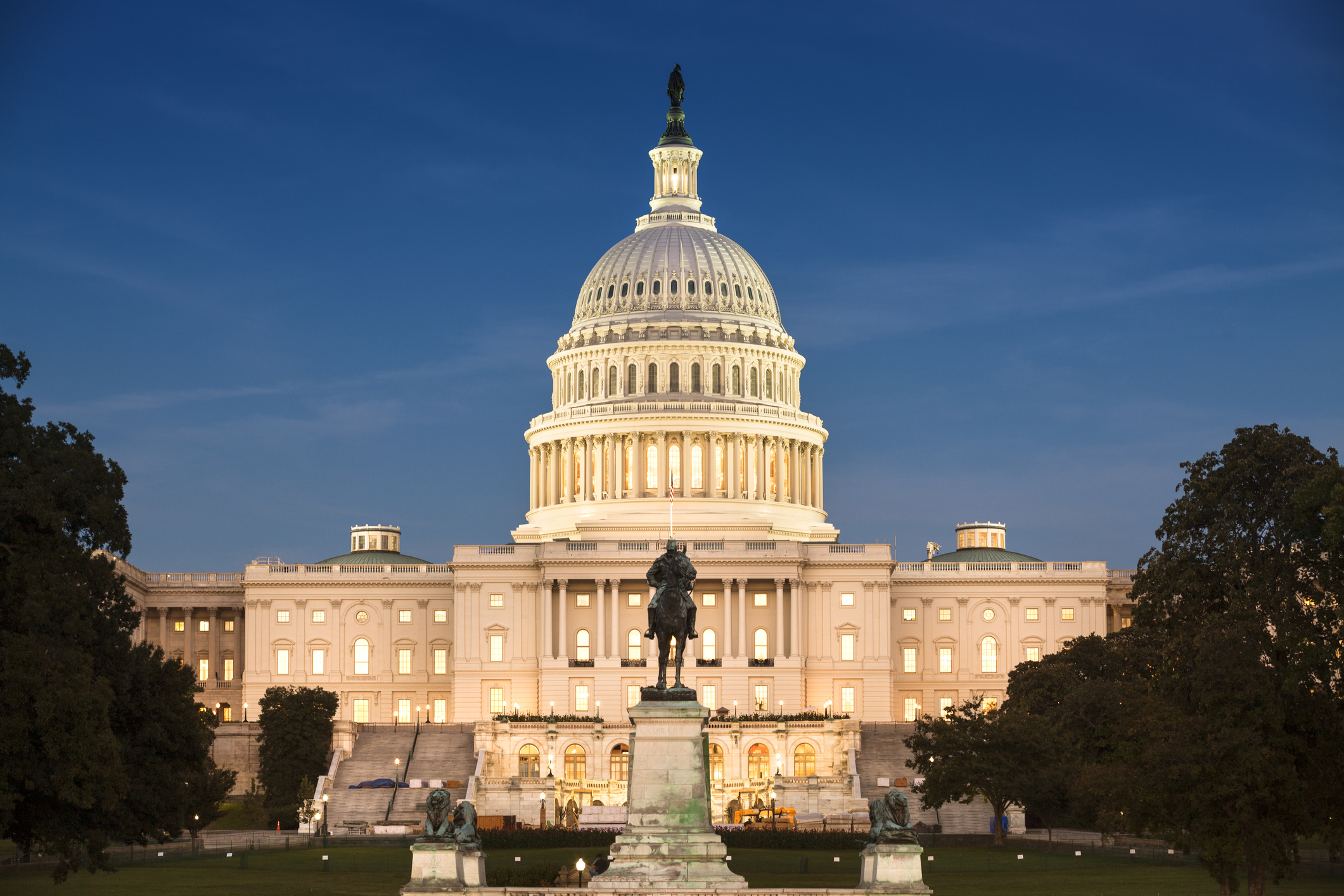IRS Issues Guidance On Taxability Of State Tax Payments
On February 10, 2023 the IRS announced the federal tax status involving special payments made by 21 states in 2022. The IRS has determined that in the interest of sound tax administration and other factors, taxpayers in many states will not need to report these payments on their 2022 tax returns.
The IRS stated it will not challenge the taxability of payments related to general welfare and disaster relief. This means that people in the following states do not need to report these state payments on their 2022 tax return: California, Colorado, Connecticut, Delaware, Florida, Hawaii, Idaho, Illinois, Indiana, Maine, New Jersey, New Mexico, New York, Oregon, Pennsylvania and Rhode Island. Alaska is in this group as well, but subject to certain limitations described below.
In addition, many people in Georgia, Massachusetts, South Carolina and Virginia also will not include state payments in income for federal tax purposes if they meet certain requirements. For these individuals, state payments will not be included for federal tax purposes if the payment is a refund of state taxes paid and either the recipient claimed the standard deduction or itemized their deductions but did not receive a tax benefit.
Refund of state taxes paid
If the payment is a refund of state taxes paid and either the recipient claimed the standard deduction or itemized their deductions but did not receive a tax benefit (for example, because the $10,000 tax deduction limit applied) the payment is not included in income for federal tax purposes.
Payments from the states of Georgia, Massachusetts, South Carolina and Virginia in 2022 fall in this category and will be excluded from income for federal tax purposes unless the recipient received a tax benefit in the year the taxes were deducted.
General welfare and disaster relief payments
If a payment is made for the promotion of the general welfare or as a disaster relief payment, for example related to the outgoing pandemic, it may be excludable from income for federal tax purposes under the General Welfare Doctrine or as a Qualified Disaster Relief Payment. Determining whether payments qualify for these exceptions is a complex fact intensive inquiry that depends on a number of considerations.
The IRS has classified the payments made by various states in 2022 and determined that in the best interest of sound tax administration and given the fact that the pandemic emergency declaration is ending in May 2023 (making this an issue only for the 2022 tax year), if a taxpayer does not include the amount of one of these payments in its 2022 income for federal income tax purposes, the IRS will not challenge the treatment of the 2022 payment as excludable for income on an original or amended return.
Payments from the following states fall in this category and the IRS will not challenge the treatment of these payments as excludable for federal income tax purposes in 2022.
- Alaska (Only for the supplemental Energy Relief Payment received in addition to the annual Permanent Fund Dividend)
- California
- Colorado
- Connecticut
- Delaware
- Florida
- Hawaii
- Idaho
- Illinois (If multiple payments were issued, one shall be treated as a refund of taxes and the other in the category of disaster relief payment)
- Indiana
- Maine
- New Jersey
- New Mexico
- New York (If multiple payments were issued, one shall be treated as a refund of taxes and the other in the category of disaster relief payment)
- Oregon
- Pennsylvania
- Rhode Island
Other payments
Other payments that may have been made by states are generally includable in income for federal income tax purposes. This includes the annual payment of Alaska’s Permanent Fund Dividend and any payments from states provided as compensation to workers.
What Should You Do?
If you already filed your 2022 Federal Individual Income Tax Return including any of these payments as taxable contrary to this announcement by IRS, you should have an amended 2022 Federal Individual Income Tax Return prepared and filed.
You know that at the Law Offices Of Jeffrey B. Kahn, P.C. we are always thinking of ways that our clients can save on taxes. If you are selected for an audit, stand up to the IRS by getting representation. Tax problems are usually a serious matter and must be handled appropriately so it’s important to that you’ve hired the best lawyer for your particular situation. The tax attorneys at the Law Offices Of Jeffrey B. Kahn, P.C. located in Orange County (Irvine), Los Angeles and elsewhere in California are highly skilled in handling tax matters and can effectively represent at all levels with the IRS and State Tax Agencies including criminal tax investigations and attempted prosecutions, undisclosed foreign bank accounts and other foreign assets, and unreported foreign income. Additionally, if you are involved in the cannabis industry, check out Cannabis Tax Attorney. Also, if you are involved in crypto currency, check out what a Bitcoin tax attorney can do for you.




